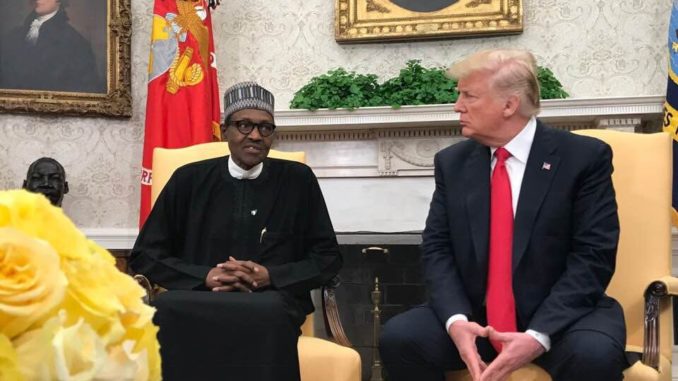
The United States Department of Defence on Wednesday announced it has awarded the contract for the manufacturing of 12 A-29 Super Tucano combat aircraft on behalf of the Nigerian Air Force.
The contract was awarded to Sierra Nevada Corporation, an American aerospace contractor, for an initial sum of $329 million. A clause, described as “undefinitised contract action (UCA)”, was, however, added that the contract sum could be varied, but not exceeding $344.7 million.
A defence contracting explainer said the UCA involves contracts whose terms, specifications, or price are not agreed upon before work commences.
This could be because the negotiation of a definitive contract action is not possible in sufficient time to meet the government’s requirements or a government’s interest demands that the contractor be given a binding commitment so that contract performance can begin immediately, and shall be as complete and definite as practicable under the particular circumstances.
Six of the aircraft would be equipped with Forward Looking Infrared System, a technology that senses radiation which is then converted to video output.
As part of the contract for the 12 Super Tucano combat jetliners, the Nigerian Air Force would receive ground training devices, mission planning systems, mission debrief systems, spares, ground support equipment and alternate mission equipment, the U.S. defence department said.
There would also be a contiguous U.S. interim contractor support, outside of continental U.S. (OCONUS) contractor logistic support, and five field service representatives for OCONUS support for three years, the U.S. Defence Department said.
The aircraft would be built in Jacksonville, Florida, southeastern United States, and is expected to be completed May 2024.
“Foreign military sales funds in the amount of $220,167,735 are being obligated at the time of award,” the department added.
President Muhammadu Buhari placed order for the aircraft in April, following extensive discussions with the U.S. government that led to the relaxing of a moratorium placed on military equipment sales to Nigeria.
Mr Buhari said the procurement would help strengthen Nigeria’s national security, as well as timely end to the Boko Haram war.
The Nigerian government transferred $469.4 million to the U.S. government in April, according to a letter he wrote to the National Assembly.
Lawmakers immediately rejected the move, saying the president flouted the Nigerian Constitution in paying such humongous amount to procure equipment from a another country with appropriation.
The president described what he did as granting “anticipatory approval” for an expenditure, a term the lawmakers argued was strange to the Nigerian Constitution and the principles of separation of powers.
During the heated debates about the contract in April, a U.S. senior diplomat in Nigeria briefed reporters in Lagos, telling them, amongst other key benefits of the contract, that the Super Tucanos would be delivered by 2020, a claim that was then regurgitated by Buhari administration officials.
It was not immediately clear whether the Nigerian government was aware the project would not be delivered until 2024, six years away, but went ahead with the narrative that it would come by 2020, anyway.
Also it was unclear why the contract was being awarded for $344 million (N125.3 billion) when Mr Buhari said he transferred over $469 million (N168.8 billion) to the U.S. for the aircraft.
That leaves a difference of N43.5 billion yet unaccounted for.
Presidential spokesperson, Garba Shehu, did not immediately return PREMIUM TIMES’ requests for comments Thursday night. An e-mail to the U.S. Embassy public affairs section in Abuja was not immediately returned.
The Boko Haram war, for which the Super Tucanos are being procured, has seen a surge in recent months, with hundred of Nigerian soldiers being killed in audacious raids on their bases across the war-ravaged North-East.
Only on November 18, at least 118 soldiers were killed when Boko Haram fighters overran the Nigerian Army 157 Task Force Battalion in Metele, Borno State, which has been the heartland of the nearly 10-year jihadist campaign.
The Chief of Army Staff, Tukur Buratai, who had long amongst top government functionaries claiming Boko Haram had been “technically defeated”, acknowledged the renewed ruthlessness of Boko Haram during an address on Wednesday.
He, however, said the military was reshaping its counter-terrorism strategy, and predicted a fast-paced end to the insurgency.